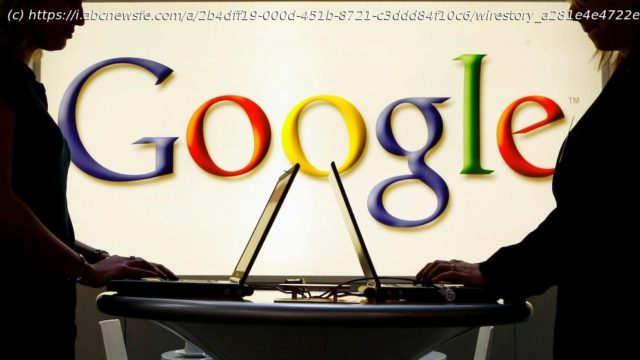Google has lost its final legal challenge against a European Union penalty for giving its own shopping recommendations an illegal advantage over rivals in search results, ending a long-running antitrust case that came with a whopping fine
Google lost its last bid to overturn a European Union antitrust penalty, after the bloc’s top court ruled against it Tuesday in a case that came with a whopping fine and helped jumpstart an era of intensifying scrutiny for Big Tech companies.
The European Union’s top court rejected Google’s appeal against the 2.4 billion euro ($2.7 billion) penalty from the European Commission, the 27-nation bloc’s top antitrust enforcer, for violating antitrust rules with its comparison shopping service.
Also Tuesday, Apple lost its challenge against an order to repay 13 billion euros ($14.34 billion) in back taxes to Ireland, after the European Court of Justice issued a separate decision siding with the commission in a case targeting unlawful state aid for global corporations.
Both companies have now exhausted their appeals in the cases that date to the previous decade. Together, the court decisions are a victory for European Commissioner Margrethe Vestager, who’s expected to step down next month after 10 years as the commission’s top official overseeing competition.
Experts said the rulings illustrate how watchdogs have been emboldened in the years since the cases were first opened.
One of the takeaways from the Apple decision „is the sense that, again, the EU authorities and courts are prepared to flex their (collective) muscles to bring Big Tech to heel where necessary,” Alex Haffner, a competition partner at law firm Fladgate, said by email.
The Google ruling “reflects the growing confidence with which competition regulators worldwide are tackling the perceived excesses of the Big Tech companies,” said Gareth Mills, partner at law firm Charles Russell Speechlys.






